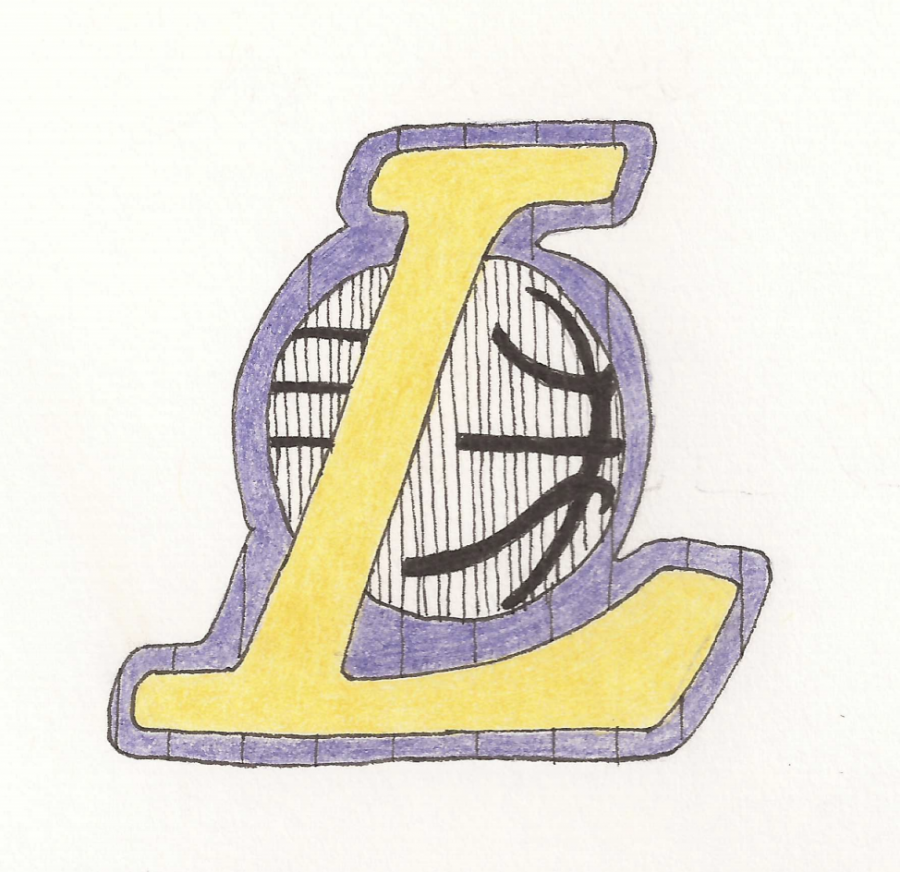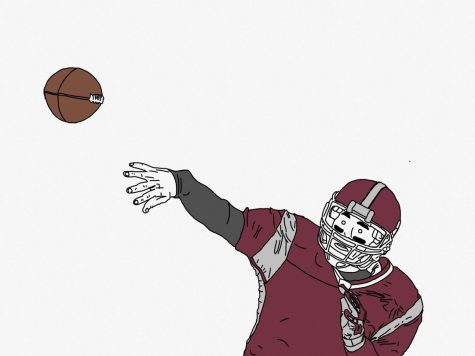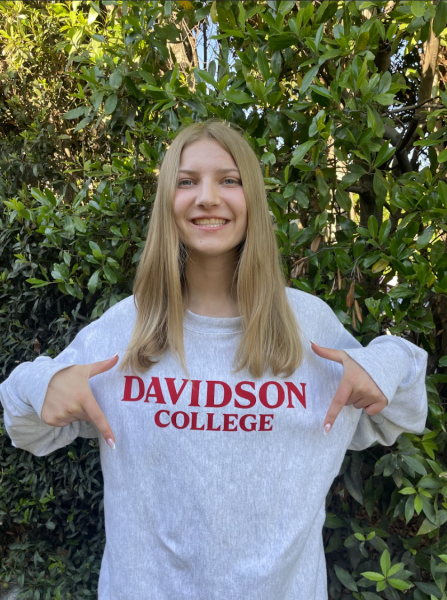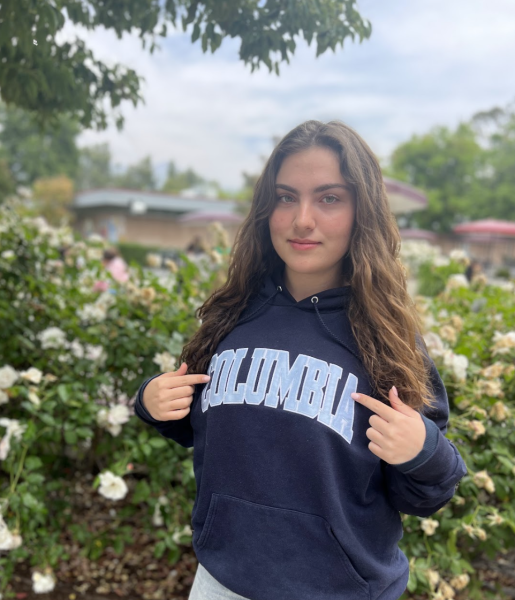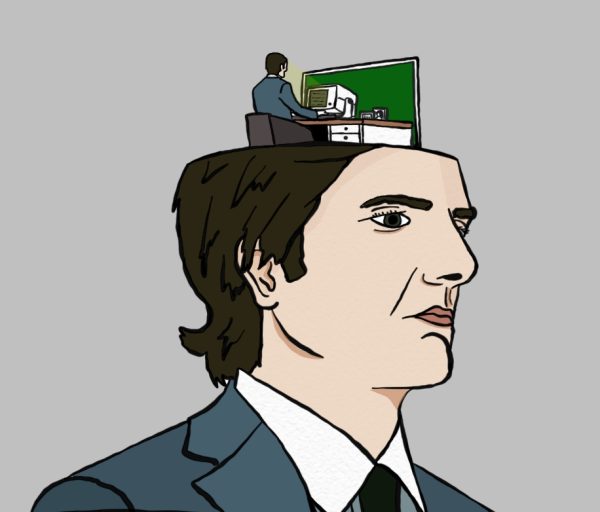The rise, fall, and rebirth of Laker Nation
The name “Los Angeles Lakers” bears an unmatched gravitas in the world of basketball. Legions of purple-and-gold-clad fans flock to the Staples Center to watch them play their games. The limelight of Hollywood shines bright on those fortunate enough to play for them. Every player a king. Prestige. Power. Pomp and circumstance. Though Laker fans have every right to wallow in these superlatives in the Year of our LeBron 2020, it is also important to take a look back at the road that the Lakers took to get here. The 2010s marked what was easily the darkest period of Lakers history. It was a time of tragedy and triumph; it was a time that saw the rise, fall, and rebirth of Laker Nation.
The year was 2010. The Lakers were hot off the heels of their most recent NBA Championship win, their fifth in 11 years. Cruising down Figueroa Street atop their parade floats, neither the Lakers nor their fans could envision what was to come next. After all, 2011 was the year that fundamentally altered the Lakers’ DNA for the next eight years. The Lakers were still a decent team, but decent simply does not cut it against the best in the NBA, and the Lakers lost in the 2011 Western Conference Finals to a better Dallas Mavericks team. To make up for the loss, the Lakers added star point guard Chris Paul in December of 2011. “But wait!” one might interject, “I don’t remember Chris Paul ever being a Laker!”
Therein lies the problem. As the acting owner of the New Orleans Hornets in 2011, NBA Commissioner David Stern came down from on high to deliver the Laker’s death knell: a veto of their Chris Paul trade. Stern stands by his decision to this day and claims that he did what he had to do to make a fair trade for New Orleans, but the shadow of ulterior motives hangs heavy over this transaction. Without a revitalization of the Laker brand and with the retirement of star coach Phil Packson, the Lakers slipped first into mediocrity and from there into embarrassment.
The year was 2015. The Lakers were awful, and everyone knew it. 17-65. The worst win-loss record in Laker history. Perhaps that is all that should be said. A wave of confusion and frustration at the state of the Lakers washed over Los Angeles, but atop the crest of that wave rode a glimmer of bittersweet hope. During his last game as a Laker, Kobe Bryant scored not 10, not 20, but 60 points to cap off a monumental career. He outscored the entirety of the Utah Jazz 21 to 23 during the fourth quarter. As impressive as the numbers may be, the message that Kobe conveyed was more important: even in the darkest of times, the Lakers never lost their star power.
More time passed. At one point, the Lakers acquired some journeyman from Cleveland named LeBron James, but he failed to really show up for his first season with the team. He was good, but he needed someone there by his side. Cut to New Orleans, where power forward/center Anthony Davis (known to his fans as AD) was sick and tired of carrying an underperforming Pelicans team. The fact that AD wanted out of a dead-end team was one of the NBA’s worst-kept secrets, and it was only a matter of time before he got traded somewhere. Think about it for a moment. What team has the potential, checkbook, and setting that AD pined for? What team needed another star player to make a logical, cohesive roster that could compete for championships? The Lakers finally got the New Orleans trade they had deserved all those years ago. Hope once again sprang eternal.
The year was 2020. Storm clouds loomed over the horizon, but none in Los Angeles paid them too much heed now that Laker basketball was back. The coronavirus was a local issue in Wuhan, China. General Qassem Soeimani and Iran were half a world away, and represented nothing more than World War III memes to the general public. That all changed one foggy Los Angeles morning on January 26, 2020. Not everyone heard the news straight away. Perhaps it was from the early hearsay and whispered rumors. Perhaps it was a breaking news segment on a 24/7 news channel. Perhaps it was a notification on a phone. The only thing that remained certain a few hours after the fact was that Kobe Bryant had passed away in a horrific plane crash along with his daughter Gianna and seven other people. 2020 began for Los Angeles, and the Lakers began to play with yet more purpose. Playing to reconstruct a lost dynasty is one thing, but playing to pay tribute to the incredible man who founded it is yet another thing entirely.
After a months-long delay, the 2020 NBA playoffs finally began. Thanks to the NBA’s coronavirus protocol, the playoffs were a success and legends were made. Mamba Shot. Playoff Rondo. Built Different. The Lakers were unstoppable. The Portland Trail Blazers? Come on. The Denver Nuggets? Get serious. The Lakers capped off both of those series with emphatic 4-1 victories, and they moved on to face the Miami Heat. The rest is history.
The Lakers once again sit atop the basketball world, and the only question that remains is whether or not the rest of the league will be able to shrug them off. But for the moment being, that question is by the wayside. All that matters now is pomp, power, and prestige for the purple and gold.
Hello there! Our goal is to provide relavent, engaging journalism for readers of all ages. Your donation will support the student journalists of the Wolfpacket at Claremont High School, and will allow us to purchase equipment, print our monthly issues, and enter in journalism competitions. We appreciate your consideration!
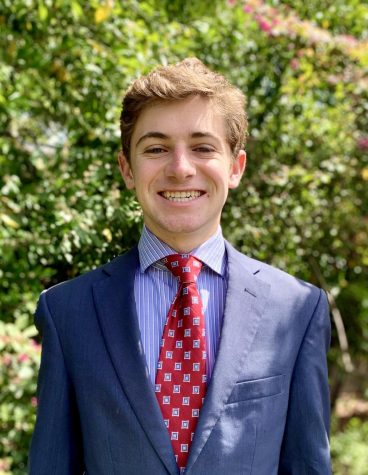
Charlie Warren is a senior at Claremont High School, where he is currently an assistant sports editor with the Wolfpacket. In terms of extracurriculars,...




